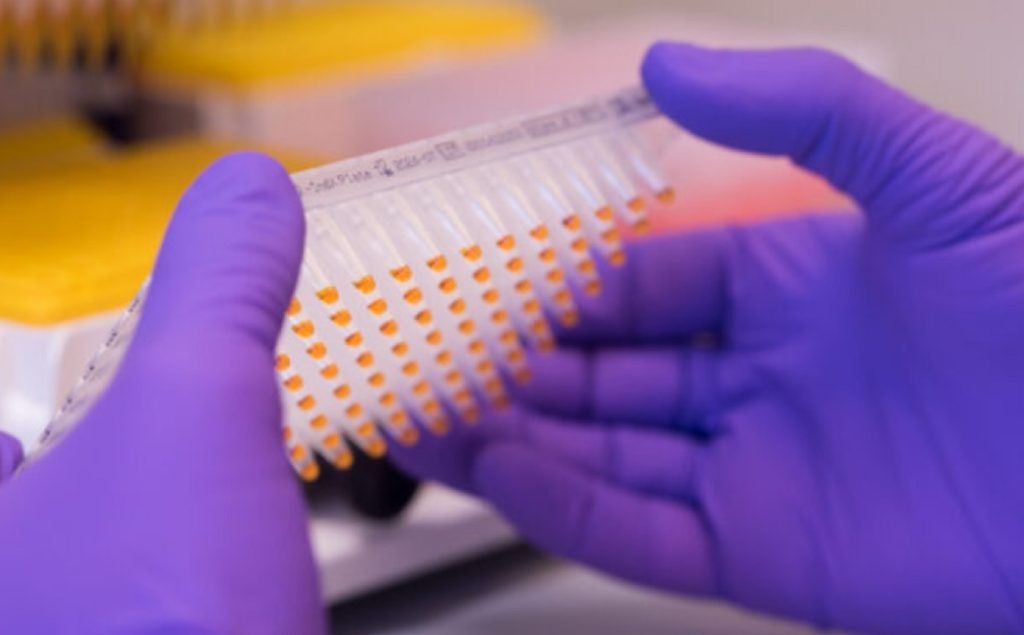DermaSensor has announced that a newly published study of its artificial intelligence (AI)-powered elastic scattering spectroscopy (ESS) device demonstrated its potential for detecting skin cancer.
During the clinical validation study, which assessed lesions suggestive of skin cancer, the performance of the handheld ESS device, DermaSensor, was found to be consistent across different patient skin types.
Conducted at four US investigational sites, the prospective, multi-centre study focused on patients with lesions suggestive of both melanoma and non-melanoma skin cancers.
The device’s performance has been assessed based on key statistical metrics such as specificity, sensitivity, negative predictive value (NPV), positive predictive value (PPV) and Area Under the Curve.
Aimed at assessing the device’s effectiveness and safety, the study showed 97% overall sensitivity for the test dataset.
The device also exhibited 22% specificity for benign lesions that were biopsied by the dermatologists. Its overall NPV was 90% and its PPV was 58%.
The study was specifically carried out to offer clinical data for European regulatory bodies and preliminary effectiveness evidence for the US Food and Drug Administration (FDA).
Due to its high sensitivity in identifying all types of skin cancers in this research, the non-invasive and wireless device is expected to significantly assist primary care clinicians in assessing suspicious skin lesions.
DermaSensor co-founder and CEO Cody Simmons said: “This study was a key early comparative effectiveness study showing that our device can bring dermatologist-level triage to primary care.
“We have completed eight clinical studies for review by regulatory bodies in the US and Europe and we hope to soon be the first-ever device on the US market that provides PCPs with an immediate, objective result for skin cancer.”
Since early 2023, the FDA has been reviewing the device, which is yet to be made available for sale in the country.
















